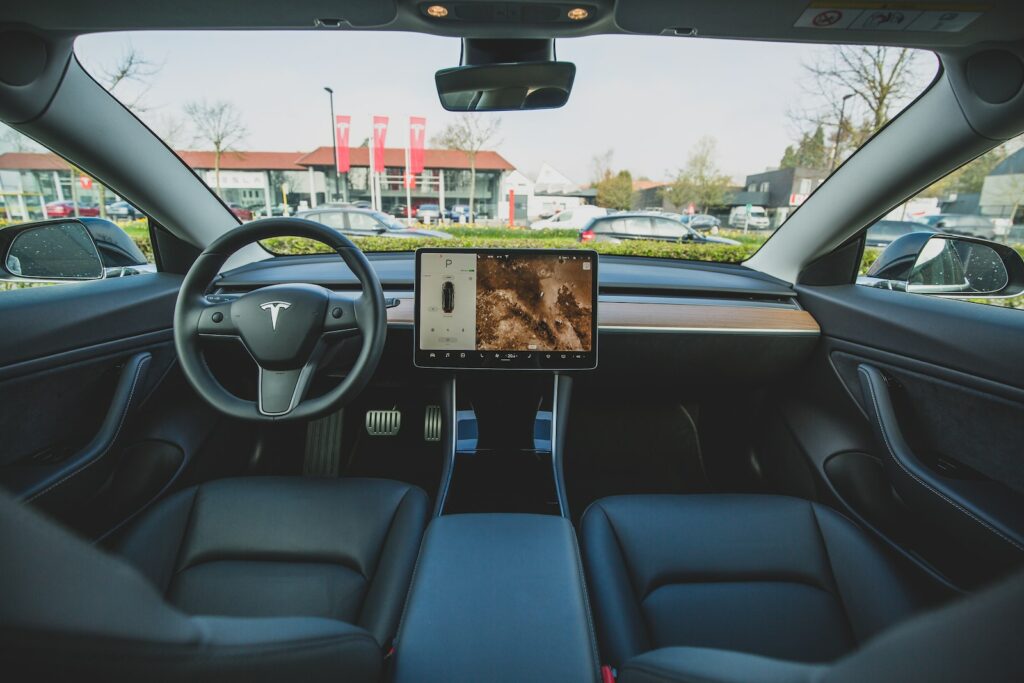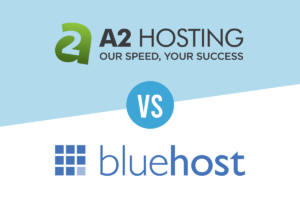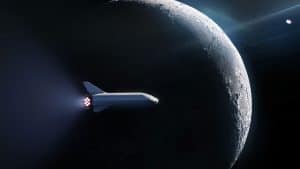LVMH (Moët Hennessy – Louis Vuitton SE) and Tesla, Inc. are both successful and influential companies in their respective industries, but they operate in very different sectors, luxury goods and electric vehicles respectively. However, there are certain similarities and differences that can be identified:
Similarities:
- Brand Recognition: Both LVMH and Tesla have highly recognized and prestigious brands. LVMH is renowned for its luxury goods under various brand names such as Louis Vuitton, Moët & Chandon, and Christian Dior. Tesla is known globally for its electric vehicles and its contributions to sustainable technology.
- Innovation: Both companies are recognized as industry leaders and are driven by innovation. LVMH continuously sets trends in the fashion industry and pushes the boundaries of luxury, while Tesla is renowned for its technological innovations in electric vehicles and renewable energy products.
- Leadership: Both companies have had charismatic and high-profile leaders. Bernard Arnault at LVMH and Elon Musk at Tesla have both played significant roles in the direction and success of their respective companies.
- Global Influence: Both companies have a global presence and influence. LVMH's brands are consumed all over the world, and Tesla's cars are driven in many countries, while their technology is also impacting how other manufacturers design electric cars.
Differences:
- Industry: The most obvious difference lies in the industries they operate in. LVMH operates in the luxury goods sector, which includes fashion, wines & spirits, perfumes & cosmetics, and watches & jewelry. Tesla, on the other hand, is primarily an automotive company that focuses on electric vehicles. It also operates in the energy sector, providing solar energy products and storage solutions.
- Business Model: LVMH's business model is built on the creation and sale of luxury goods. The value is added through the craftsmanship, brand heritage, quality of materials and exclusivity. Tesla's business model is centered around the design, production, and sale of electric vehicles and renewable energy products. Tesla's business model is also distinguished by its direct-to-consumer sales model, bypassing traditional dealership networks.
- Market Demographics: LVMH's primary market is consumers who seek luxury goods and are willing to pay a premium for brand name, quality, and prestige. Tesla's primary market, while also upscale, is more centered around environmentally conscious consumers interested in electric vehicles and renewable energy.
- Profit Margins: Typically, the luxury sector enjoys high profit margins due to the premium pricing of its products, and LVMH is no exception. Tesla, on the other hand, in its pursuit of making electric vehicles more affordable, has significantly lower margins.
- Sustainability: Although LVMH has made efforts toward sustainability, Tesla's entire value proposition is built around sustainability and environmental consciousness, with their electric vehicles and renewable energy products.
In conclusion, while LVMH and Tesla operate in entirely different industries and cater to different market demographics, they share some commonalities in terms of brand recognition, innovation, leadership, and global influence. They are both pioneers in their respective sectors and have significantly shaped consumer behavior and industry trends.
Last Updated on June 26, 2023 by Joe




